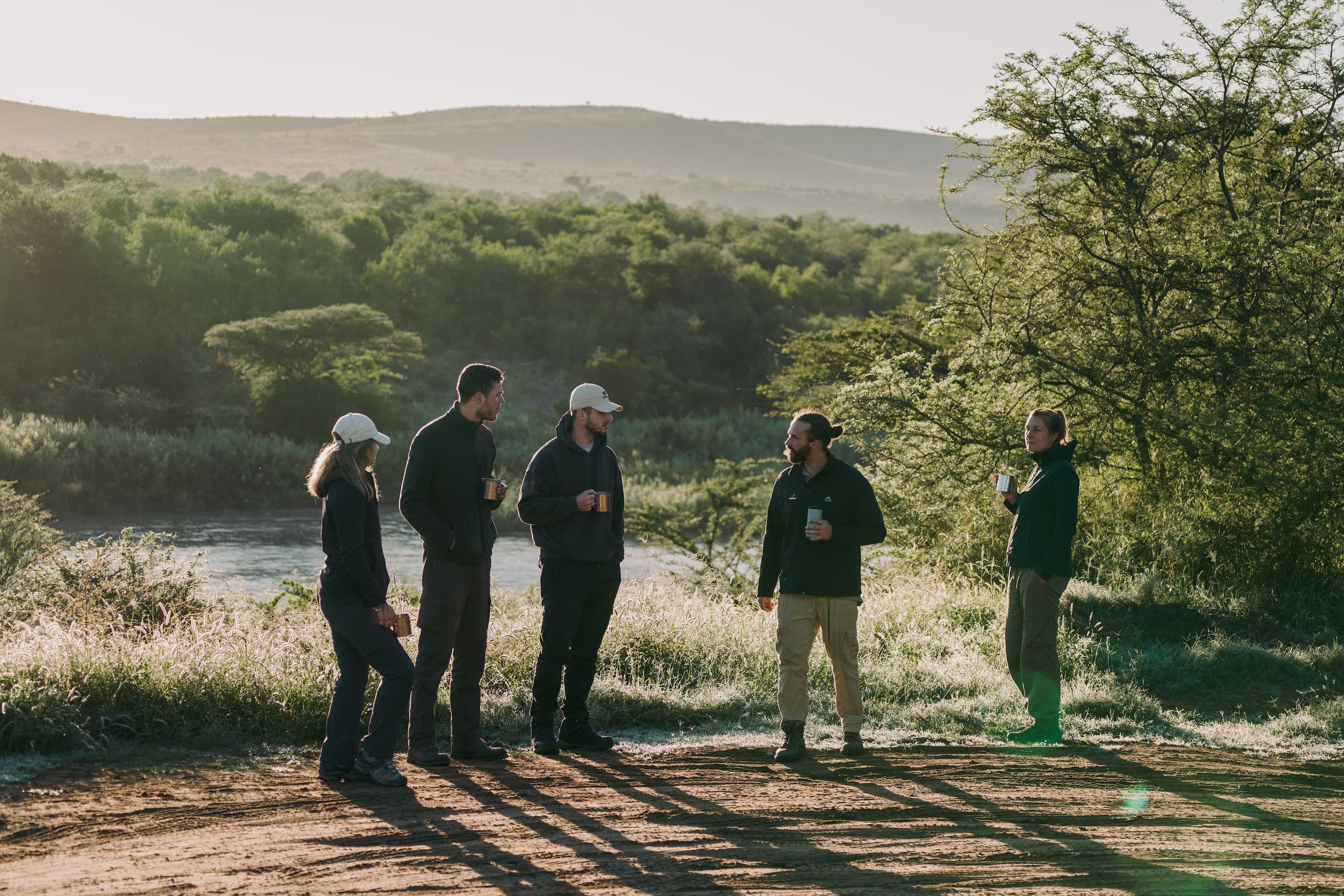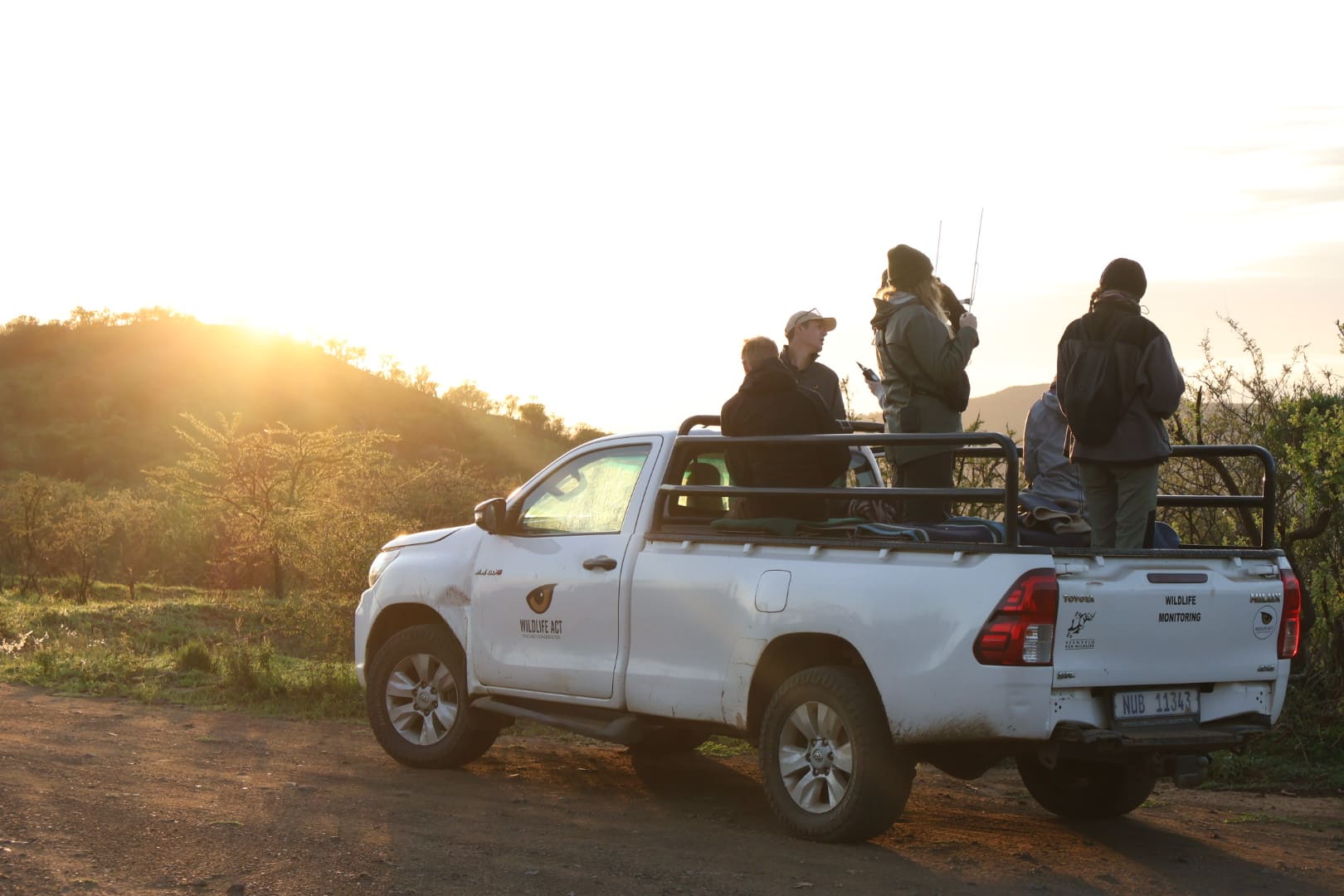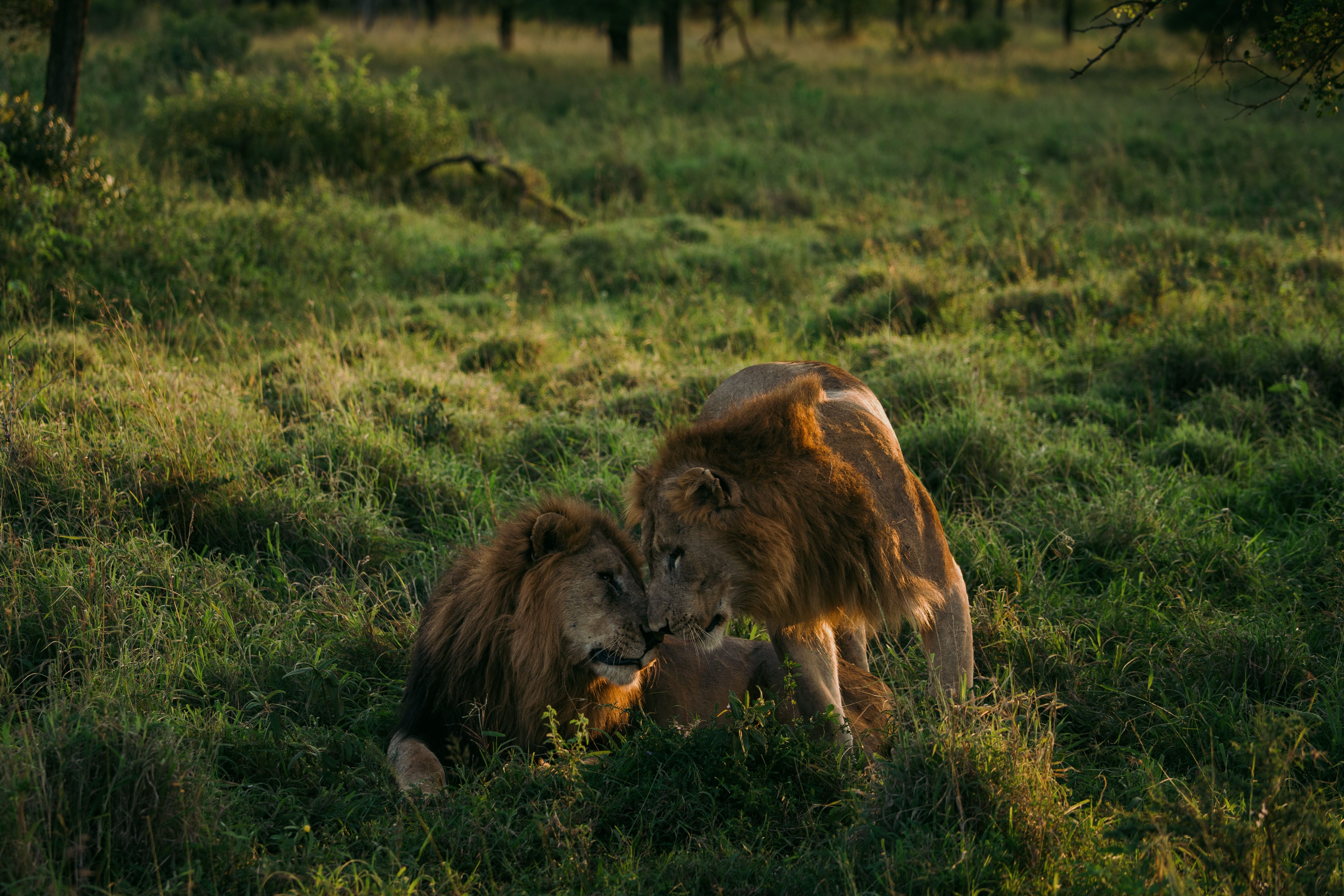WE REGRET TO INFORM YOU THAT THESE COURSES ARE NOT CURRENTLY RUNNING
Wildlife ACT offers a variety of online African Wildlife Conservation Courses, for both nature enthusiasts and for those looking to pursue a career in wildlife conservation. These are focuses around endangered and priority wildlife species and teach students what it takes to conserve and protect these animals.
All our African Wildlife Conservation Courses are Wildlife ACT accredited and are becoming accepted by international conservation and academic institutions. Certificates of Completion are provided at the end of each course and we encourage further study by offering discounts for those interested in taking additional courses.

All courses begin upon signing up, however, it will be beneficial to start at the set dates in order to join the live sessions. Rest assured that these are recorded and made available to those who can't make the live sessions and can be watched at your own leisure.
African Wildlife Conservation Courses for Beginners
The entry level wildlife conservation courses on offer are our Introduction to Tracks and Signs course, our Wildlife Conservation Tracking Technologies course, and our online course around Poaching, Trafficking and The Illegal Wildlife Trade.
The Wildlife Tracks and Signs course introduces students to the age-old art and science of traditional tracking and its importance in conservation applications. The Conservation Tracking Technologies course provides an introduction and overview of wildlife conservation technologies used in the field. Poaching, Trafficking & The Illegal Wildlife Trade is an awareness course providing a better understanding of how and why poaching happens, which species are targeted and why, how anti-poaching teams work, and how illegal wildlife products move from poachers to handlers, across international boundaries.

Mid-Level African Wildlife Conservation Courses
The mid-level and more in-depth African wildlife conservation courses are our Endangered & Priority Species Conservation & Habitat Management course, and our Tracking for Conservationists course. The Endangered & Priority Species Conservation & Habitat Management course provides a fantastic overview of how Wildlife ACT and other conservation organizations operate within South Africa. It introduces students to the most up to date, in-field conservation techniques and practices, focusing on Wildlife Monitoring, Camera Trapping, Tracking and Spoor, Conservation Management, Capture and Relocation, Wildlife Crime and Illegal Trade, and Community Conservation.
The Tracking for Conservationists course looks at Spoor, Signs and Tracking Technologies, helping to build students’ awareness of ground, aerial and vocal clues. You will learn about tracking technology and how tracks and signs are incorporated into the development of conservation initiatives, especially those pertaining to the field-based conservation of endangered and priority species.

Advanced African Wildlife Conservation Courses
The more advanced wildlife conservation courses are our Mapping as a Tool for Conservationists course and our course titled Africa - A Comprehensive Exploration of Successful Community Driven Conservation.
The Wildlife Mapping course focuses on the practical uses of technologies to activity to build conservation mapping skills - a crucial skill within conservation. Wildlife ACT takes the many years of experience from its field instructors, practical map users and GIS specialists to help build your core mapping skills. It also includes practical mapping clinics. No previous mapping experience is required to take this course.
The Comprehensive Exploration of Successful Community Driven Conservation offering is an interactive workshop and discussion-based course, which will take you though some of the lessons that have been learnt and still being learnt, and inspire questions and debates about future and past practices. While African focused, its lessons are applicable worldwide, wherever conservationists want to build relationships and trust between communities and wildlife conservation initiatives.
Join the Wildlife ACT Training Academy today!

Related Posts
Wildlife ACT Courses for Anyone Who Wishes to Make a Difference
My Experience Taking Two of Wildlife ACT’s Online Conservation Courses


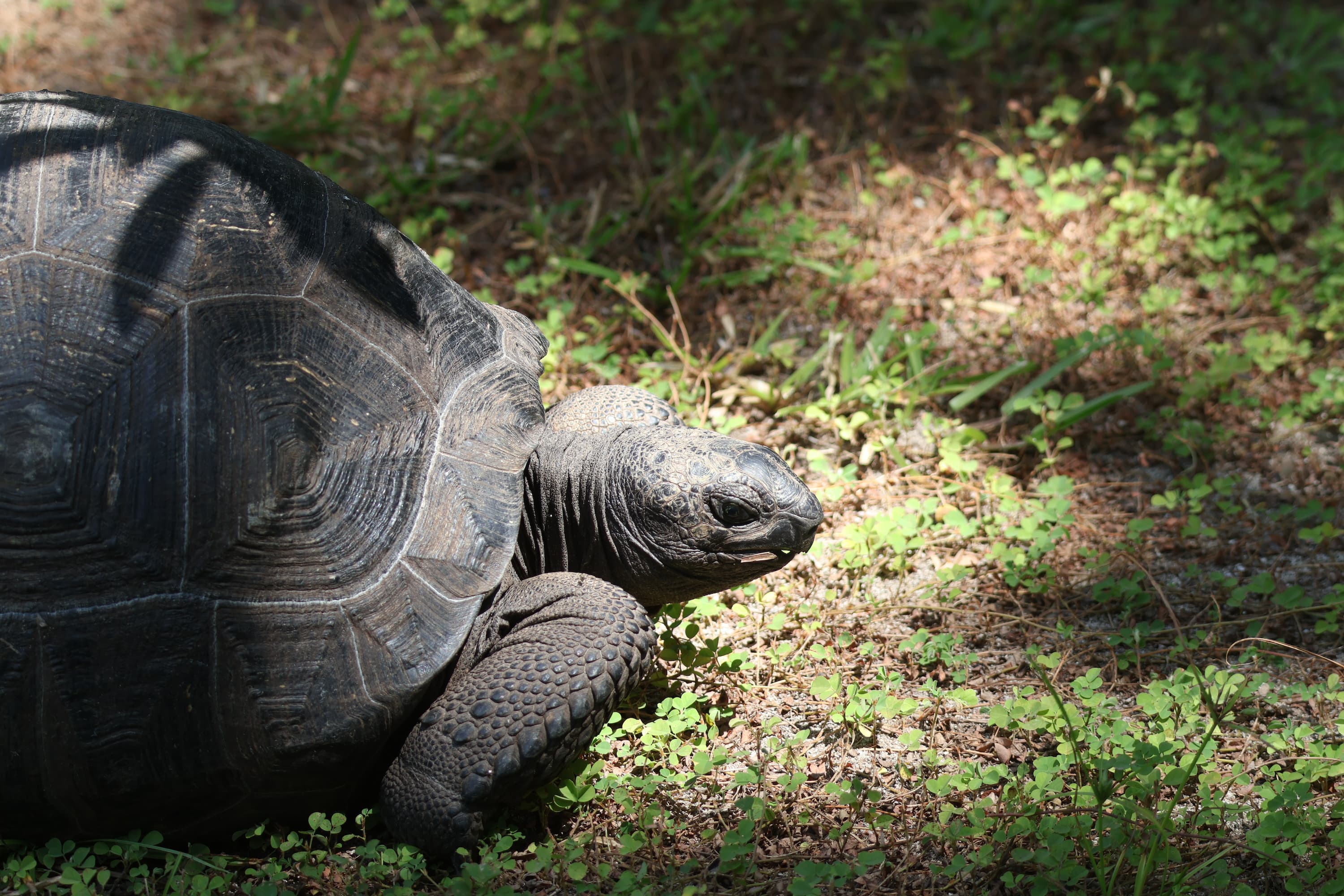

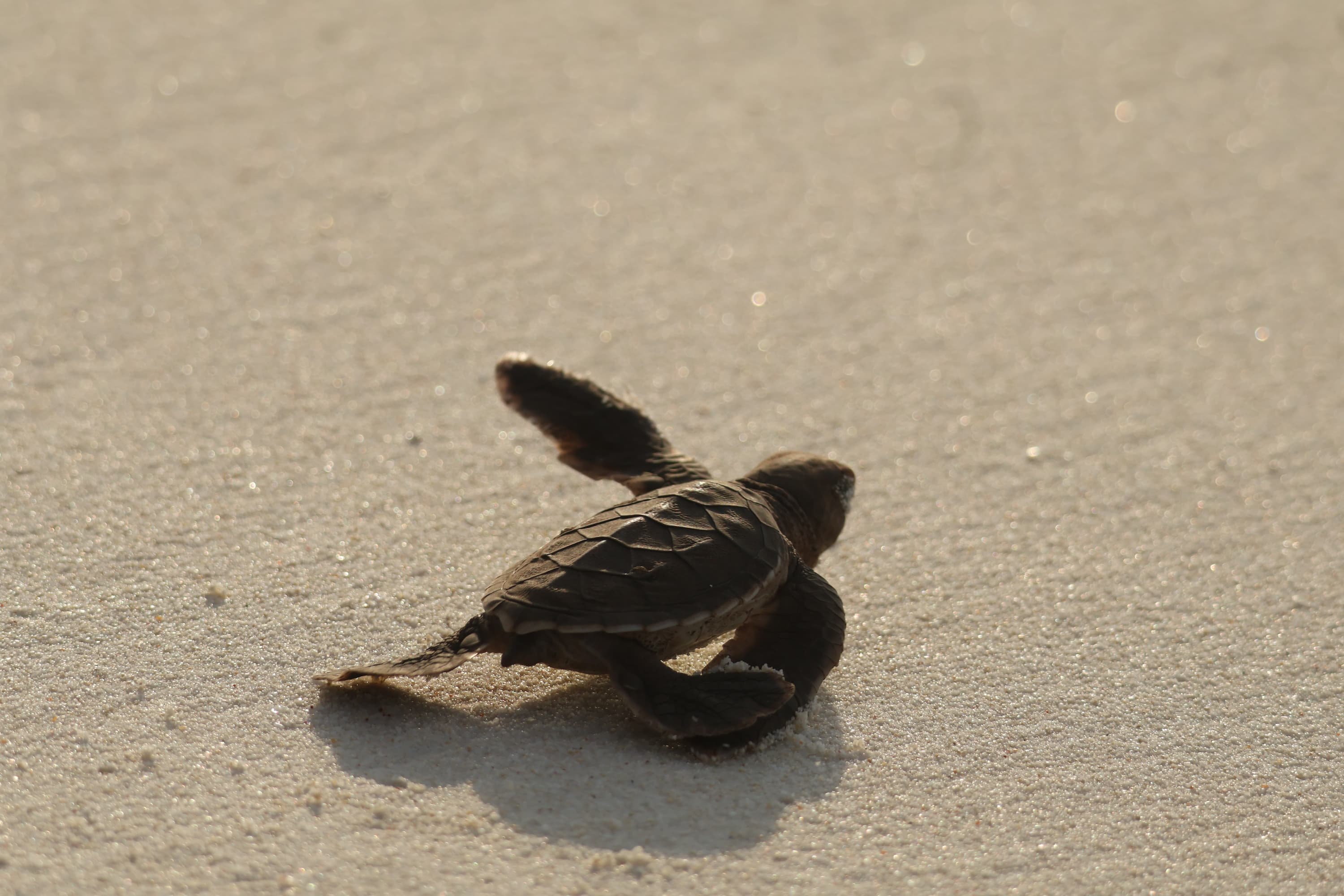
.jpg)


